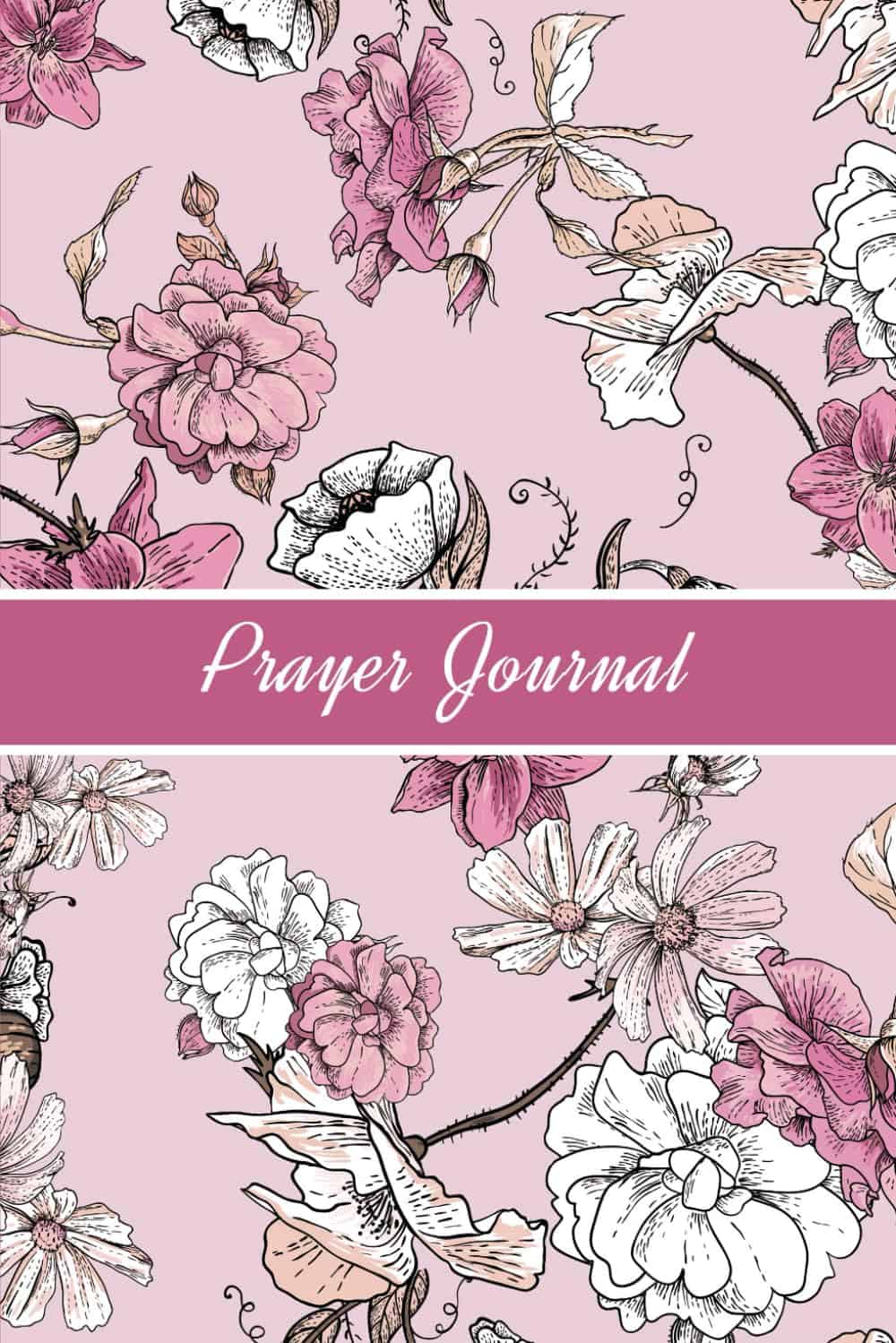
Exploring Faith Through Journaling
Finding moments to connect with your faith can be challenging in our busy lives. A faith journal provides a dedicated space to reflect on your beliefs, prayers, spiritual questions, and experiences. Faith journaling is not only a tool for self-discovery and emotional integration, but a way to develop, deepen, and maintain a fulfilling relationship with your own expression of spirituality.
In this article, we’ll explore the concept of faith journaling, its benefits, and how you can use it to enhance your life. Whether you’re new to journaling or a seasoned writer, this guide will help you create a practice that supports peace, clarity, and spiritual growth.
What is a Faith Journal?
Faith journaling can take many forms, including:
- A blank journal or notebook for handwritten reflections.
- A beautifully designed guided journal with prompts.
- A prayer, sermon or Bible study journal.
- A digital journal using apps or note-taking software.
It engages both the heart and mind, creating a multi-dimensional spiritual experience. Faith journaling can transform your spiritual journey by:
- Deepening Your Connection: Journaling encourages intimacy with God by creating a space for honest communication, gratitude, and prayer.
- Inspiring Reflection and Self-Discovery: Writing helps you uncover insights about your beliefs, values, and personal growth.
- Facilitating Emotional Integration: By putting emotions into words, journaling helps you process struggles, doubts, and spiritual breakthroughs.
- Providing Accountability: A faith journal helps track your spiritual goals and practices, offering a tangible record of your progress.
- Creating a Record: Your journal becomes a living testimony of your spiritual journey, capturing the lessons, insights, and prayers that shape your life.
By reflecting on daily events through the lens of your faith, you can uncover deeper meanings and align your actions with your beliefs. This balance encourages you to find your faith in even the smallest moments, creating a habit of gratitude and mindfulness, and turning a routine day into an opportunity for spiritual growth. Faith journaling allows you to merge your everyday life with your spiritual growth.







